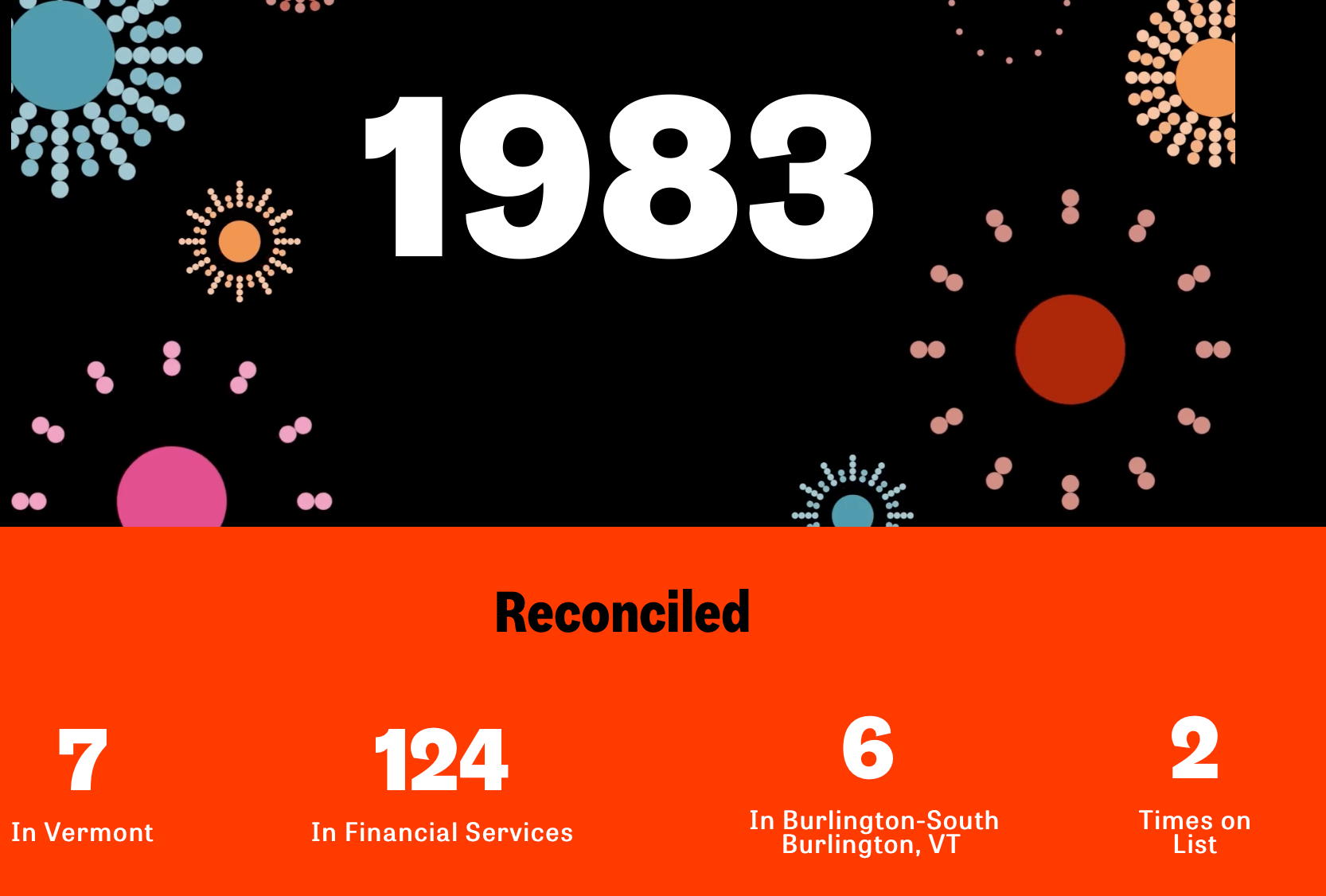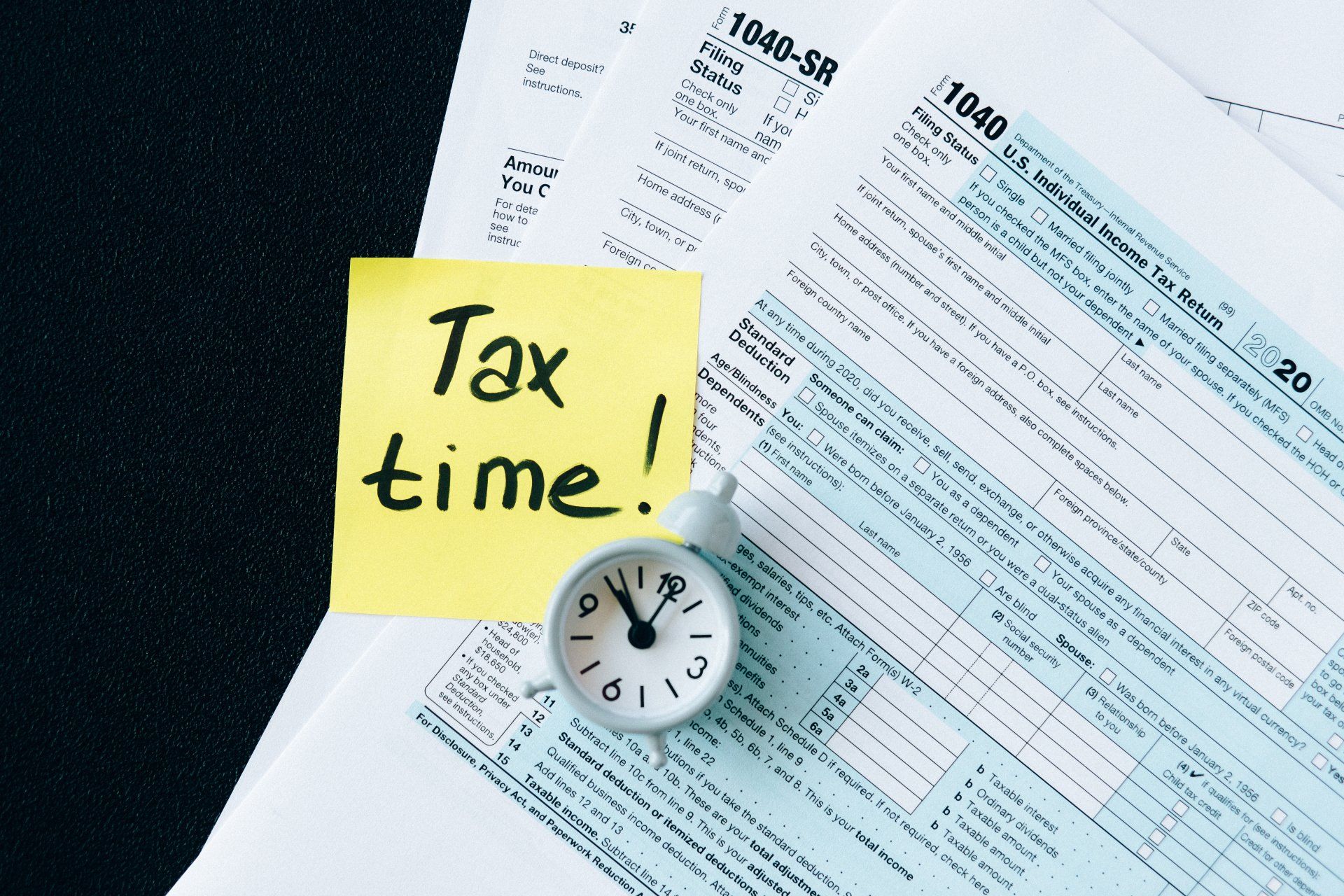802.242.1352
info@reconciled.com
If you’re an employer with contract workers, this guide is for you. Many businesses choose to employ independent contractors because it provides a lot of flexibility for adding or reducing work capacity. Contractors can be hired on for any amount of time, and aren’t entitled to the same benefits as employees of the company.
It is important to note that prior to 2020, independent contractors and the businesses that hired them either received or were issued a 1099-MISC; however the IRS now requires contractor income to be reported on the 1099-NEC form. If you work with contractors or do contracting work as someone who’s self-employed, here’s everything you need to know.
What is Non-employee Compensation
Non-employee compensation is any payment to an independent contractor who performs a service for your trade or business. This can include fees, commissions, prizes, awards, and other forms of compensation.
Nonemployee compensation is treated differently than wages paid to an employee. When you pay an employee, you generally have to withhold income tax and payroll taxes from their wages. At the end of the year, you issue a W-2 showing the income the employee earned and the taxes withheld from their paychecks.
When you hire an independent contractor, you’re generally not responsible for withholding income taxes, Social Security, or Medicare taxes from their compensation. The worker is responsible for paying those taxes out of their own income. Instead of issuing a Form W-2 to the worker, you issue a 1099-NEC, which reports the total payments you made to them during the prior year.
Who needs to file 1099 NEC?
If the following conditions are met, your business needs to file a 1099-NEC for each independent contractor:
- The payment was made to someone who is not your employee
- The payment was made for services in the course of your trade or business
- You paid an individual, single-member LLC, partnership, or LLC taxed as a partnership
- The payments totaled $600 or more during the tax year
Additionally, you will need to send Form 1099-NEC if you withheld any federal income tax from non-employee compensation payments under the backup withholding rules, regardless of the amount.
Exceptions to filing 1099-NEC
Payments to corporations or LLCs taxed as corporations do not require you to file a 1099-NEC. However, there are a few exceptions as outlined in the IRS Instructions for Form 1099-MISC and 1099-NEC.
Payments made by credit card or debit card or via a third-party payment processor , like PayPal or Stripe, also do not require you to file a 1099-NEC. Payments made via these methods are included on a 1099-K issued by the financial institution or payment processor.
Non-employee Compensation (NEC) vs. Miscellaneous Income (MISC)
Payments to non-employee individuals for things other than services should be reported on a different 1099 form. You must file form 1099-MISC, Miscellaneous Income, to report payments of $600 or more your business made to individuals for things like rent, royalties, prizes and awards, fishing boat proceeds, medical and health care payments, crop insurance proceeds, and payments to an attorney. For additional details on form 1099-MISC instructions, please reference the IRS website , or ask your accountant.
Deadline to file Form 1099-NEC
You’re required to send Copy B of Form 1099-NEC to payees and file Copy A with the IRS by January 31. Filing can be done with paper copies or electronically. If you need it, Copy 1 is for filing a copy with a state tax department. You can find the 1099 NEC forms here.
If any of those dates fall on a weekend or holiday, the filing deadline shifts to the next business day.
The post Guide to filing 1099s: MISC vs NEC appeared first on Reconciled.
Recent Posts




©2024 Reconciled | All rights reserved Terms | Privacy Policy | Careers


